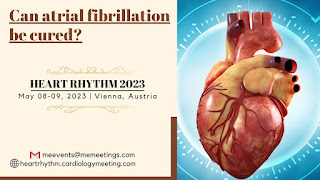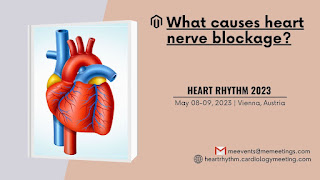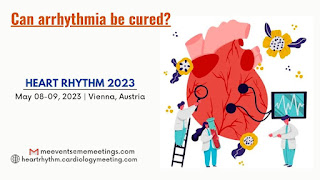Can atrial fibrillation be cured?
Atrial fibrillation cannot be cured. Medicine,
ablation, and blood thinners, as well as lowering risk factors, can be used to
manage the rhythm. Atrial fibrillation (also known as Afib or AF) is an
abnormal heart rhythm (arrhythmia) that begins in your heart's upper chambers
(atria). The usual cycle of electrical impulses in your heart is disrupted if
you have atrial fibrillation. This causes a rapid, erratic heartbeat and
inadequate blood flow from the atria to the lower chambers. (Ventricles).
Symptoms of atrial fibrillation:
- Extreme fatigue
- An irregular heartbeat
- Heart palpitations
- A feeling of butterflies or a fish flopping in your chest
- Dizziness or lightheadedness
- Fainting (syncope)
- Shortness of breath (dyspnea)
- Chest pain (angina)
Atrial fibrillation is caused by changes or
damage to the tissue and electrical system of your heart. Those alterations are
usually caused by coronary artery disease or excessive blood pressure. Atrial
fibrillation is frequently initiated by a trigger heartbeat. However, it can be
difficult to determine the reason of a triggered heartbeat. Some persons have
no clear reason. Afib commonly runs in families, therefore research is
continually bringing fresh information to assist us learn more about it. So, if
a close relative has Afib, you have a "family history" and thus a
higher likelihood of having it as well.
The risk of atrial fibrillation increases with
age. When we turn 65, our risk especially increases. Aside from becoming older,
high blood pressure is a major risk factor. One in every five occurrences of
Afib is caused by high blood pressure.
If you have other medical concerns or a family
history of Afib, you may believe that prevention is impossible. Some risk
factors, it is true, cannot be changed. Obesity, physical inactivity, excessive
alcohol intake, and tobacco use are the four key risk factors for Afib that we
can address.



Comments
Post a Comment